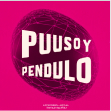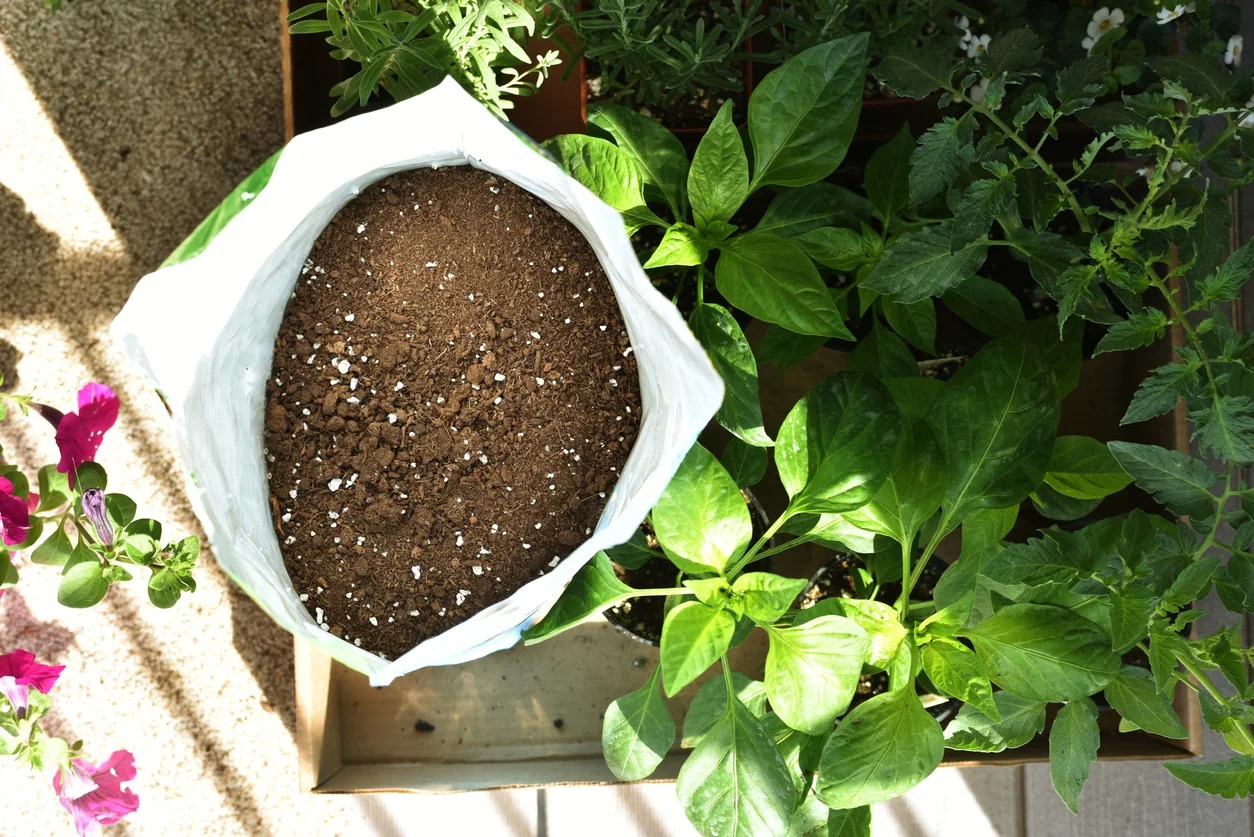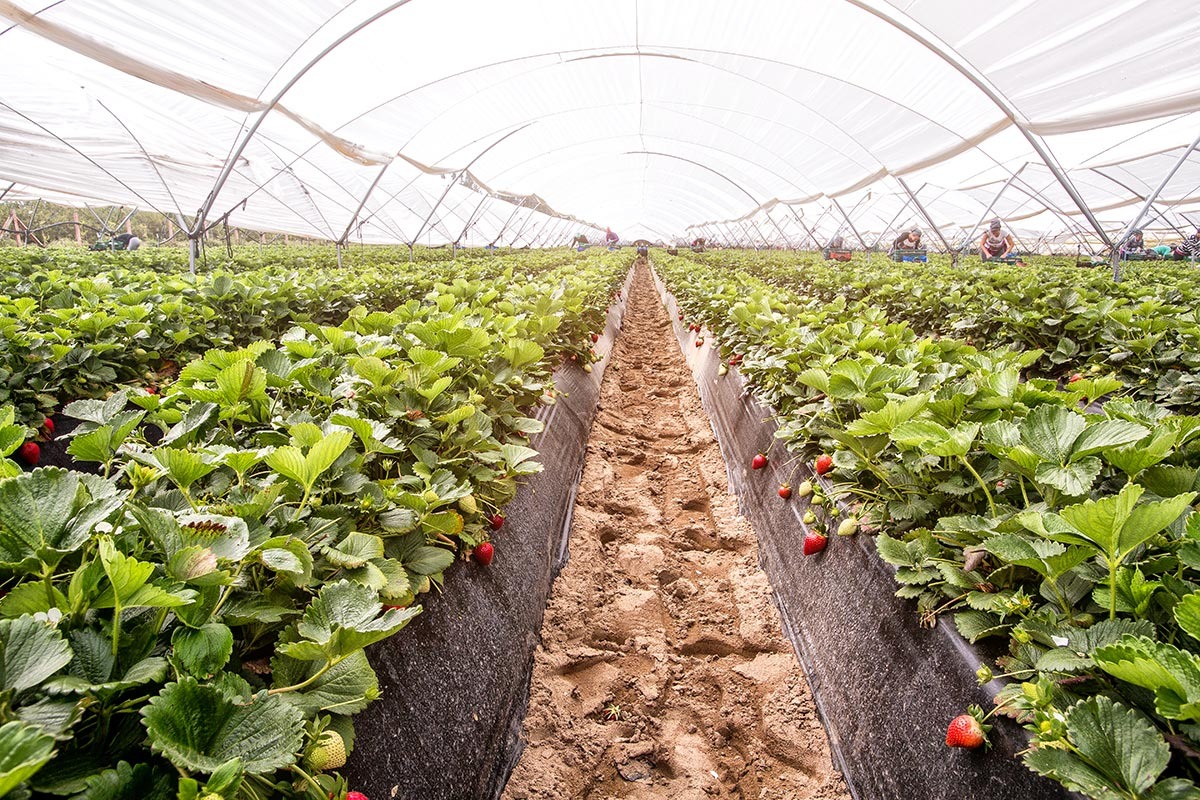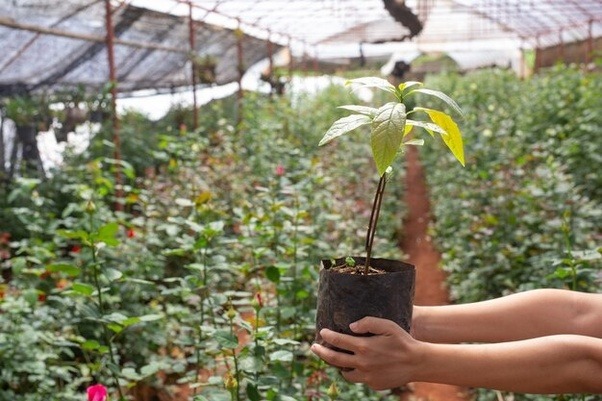The Diplomatic Dinner Table: How a Phone Call Redefined Geopolitical Cuisine
The phrase “Ukraine is on the menu” encapsulates the surreal intersection of cuisine and crisis in modern diplomacy. This single sentence, leaked from a Trump-Putin call, transformed a private conversation into a metaphor for the fragility of sovereignty. The “menu” symbolizes not just negotiation but the reduction of human lives to bargaining chips—a dish where power is the chef, and ethics are an afterthought.
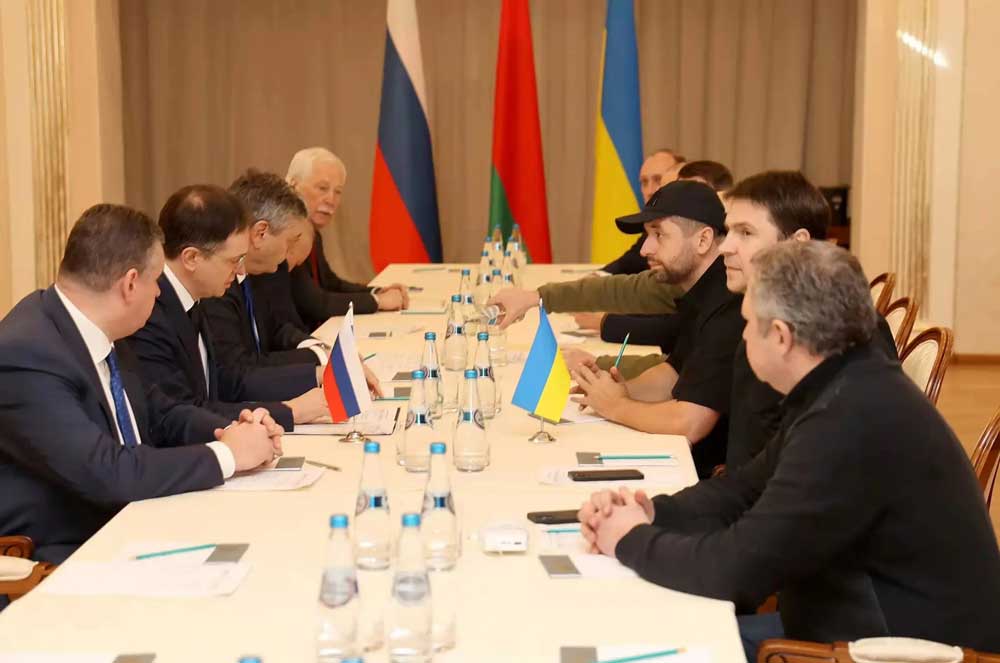
The Unspoken Agenda: What “Ukraine on the Menu” Really Means
The metaphor of Ukraine as a “menu item” suggests a transactional approach to geopolitics. Like a waiter presenting options, the call framed Ukraine’s future as a negotiable commodity. The subtext: sovereignty is negotiable, and nations are ingredients in a geopolitical recipe.
The History of Trump-Putin Dynamics: From Helsinki to the 2024 Election
The Helsinki summit of 2018 set the stage for this culinary diplomacy. Trump’s history of “dealmaking” with Putin, coupled with his 2024 election ambitions, creates a volatile mix. The call’s timing—amid U.S. domestic turmoil—hints at a strategy where foreign policy becomes a domestic campaign garnish.
The Context of the Call: A Crisis Cooked in Cold War Sauces
Ukraine’s Role as a Culinary Staple in U.S.-Russia Tensions
Ukraine has long been the “breadbasket” of Eastern Europe, but its geopolitical significance is now a simmering stew. Crimea’s annexation in 2014 remains a bitter aftertaste, while the Donbas conflict is a recurring side dish in U.S.-Russia relations.
The “Menu” Metaphor: A Play on Power or a Diplomatic Slip?
Was the phrase a Freudian slip or a deliberate provocation? Analysts debate whether the metaphor reflects Trump’s transactional worldview or an attempt to signal flexibility to Putin—a gamble that could redefine the global table.
Decoding the Dialogue: What Was Actually Discussed?
The Unofficial Transcript: Piecing Together the Subtext
Leaked snippets suggest discussions on de-escalation, but the “menu” remark hints at deeper concessions. Putin may have demanded sanctions relief in exchange for a ceasefire—a culinary swap of economic spices for territorial compromises.
Sanctions as a Side Dish: Bargaining Over Economic Pressure
Sanctions are the salt in this dish—essential but contentious. The U.S. may have offered to soften penalties on Russian oligarchs, while Putin seeks a guarantee against NATO expansion. The question: Who will taste the bitter pill?
The Geopolitical Flavors: Why Ukraine is the Star Dish
Strategic Culinary Ingredients: Crimea, Donbas, and NATO Expansion
Crimea’s annexation and Donbas fighting are the main course, but NATO’s expansion is the star anise—a flavor that permeates the entire dish. Putin’s demand to “pause” NATO talks is a bid to control the menu’s trajectory.
The Baltics as Appetizers: How Regional Stability is at Stake
The Baltic states, once appetizers in Cold War negotiations, now risk becoming the entrée. Any U.S. concessions on Ukraine could embolden Putin to demand similar terms for Estonia, Latvia, or Lithuania—a dangerous appetizer with a fiery aftertaste.
The World’s Waitstaff: Reactions from Global Players
NATO’s Appetite for Conflict: How Alliances Digest the News
NATO members are choking on the revelation. Allies like Poland and the Baltic states view the call as a betrayal—a reminder that alliances are only as strong as their weakest sauce.
The EU’s Dietary Concerns: Energy Dependence and Unity Tests
The EU, reliant on Russian gas, faces a culinary dilemma: support Ukraine or risk economic indigestion. The bloc’s unity hinges on whether it can stomach U.S.-Russia backroom deals.
The Kremlin’s Kitchen: Putin’s Culinary Calculations
The Menu of Concessions: What Russia Wants from the U.S.
Putin’s wishlist includes sanctions relief, a NATO non-expansion pact, and recognition of Crimea—a three-course meal he believes will stabilize his domestic power.
The Baltic Spice: How Regional Alliances Season the Deal
The Baltics are the secret ingredient. Putin’s demand to “pause” NATO talks is a test of U.S. resolve—a seasoning that could flavor future negotiations across Eastern Europe.
The White House’s Recipe: Trump’s Diplomatic Flair
The 2024 Election Sauce: How Domestic Politics Simmers the Deal
Trump’s call is a political consommé—a blend of re-election ambitions and foreign policy theatrics. By framing Ukraine as negotiable, he appeals to voters weary of “endless wars,” even if it risks geopolitical indigestion.
The “America First” Garnish: Prioritizing Interests Over Allies
“America First” is the garnish that completes the dish. The call signals a return to transactional diplomacy, where allies are optional extras and sovereignty is a side dish.
The Ukrainian Table: A Nation as a Negotiation Ingredient
The Main Course: Ukraine’s Sovereignty vs. Great Power Deals
Ukraine is the main course being carved up without its knife. President Zelenskyy’s government faces a culinary dilemma: accept a deal that undermines sovereignty or risk burning the table.
Civil Society’s Side Dish: Protests and Diplomatic Frustrations
Ukrainian activists are the waitstaff refusing to serve the meal. Protests in Kyiv highlight the human cost of treating nations as menu items—a reminder that sovereignty cannot be reduced to a side dish.
The Intelligence Aftertaste: Leaks and Speculations
The Kitchen Spy: Whistleblowers and Classified Conversations
The call’s leak is a kitchen mishap, exposing the fragility of classified diplomacy. Whistleblowers act as sous-chefs, revealing the secret ingredients of U.S.-Russia talks.
The Media’s Menu Review: Coverage as a Political Seasoning
Outlets frame the call as either a masterstroke or a catastrophe—a seasoning that shapes public perception. The “menu” metaphor itself is a media creation, blending politics with palatable storytelling.
The Historical Appetizers: Past U.S.-Russia Negotiations
The Cuban Missile Crisis Relish: Lessons from High-Stakes Talks
Like Kennedy and Khrushchev, Trump and Putin face a crisis where miscalculation could lead to catastrophe. The difference? Today’s “menu” includes social media and 24-hour news—a relish that amplifies stakes.
Yalta’s Forgotten Recipe: How History Influences Today’s Diplomacy
The Yalta Conference’s division of Europe haunts modern negotiations. Putin’s demands echo Cold War-era carve-ups, but today’s players face a global audience demanding accountability.
The Global Palate: How Other Nations Taste the Deal
China’s Culinary Curiosity: Watching the Great Power Feast
Beijing is the curious diner observing the U.S.-Russia spectacle. A weakened NATO and a distracted West could clear the table for China’s Arctic and Indo-Pacific ambitions.
Middle Eastern Flavors: Regional Alliances Stir the Pot
Middle Eastern nations see the call as a warning. If Ukraine can be a menu item, no nation is safe—a flavor that pushes states to seek alliances beyond the Western table.
The Diplomatic Dessert: What Comes After the Meal?
The Ceasefire Crème Brûlée: Is Peace Possible?
A ceasefire is the dessert everyone wants, but its crust may be too brittle. Without addressing sovereignty, any deal risks collapsing like a soufflé.
The Sanctions Soufflé: Risks of Collapse or Success
Sanctions relief could be the dessert’s sugar, but lifting them prematurely risks rewarding aggression. The soufflé must rise without burning.
The Public’s Plate: Domestic Reactions and Backlash
Congress’s Appetite for Oversight: Lawmakers Demand Answers
Congress is the diner demanding the recipe. Bipartisan outrage over the call’s secrecy could force transparency—a reminder that democracy requires more than a chef’s word.
The Public’s Side Dish: Polls and Protests Over Sovereignty
Polls show Americans are divided on Ukraine—a side dish of apathy and anger. Protests, however, reveal a growing appetite for accountability in foreign policy.
The Long-Term Menu: Future Implications for Global Order
The NATO Casserole: How Alliances Harden or Crumble
NATO’s future is a casserole of trust and tension. If the U.S. weakens alliances, the dish could burn—a loss of credibility that emboldens adversaries.
The Arctic’s Dessert: New Frontiers in Geopolitical Negotiations
The Arctic is the next dessert course. As ice melts, nations will compete for resources—a landscape where today’s “menu” could set the tone for tomorrow’s conflicts.
The Shadow Ingredients: Unseen Players and Hidden Agendas
Intelligence Agencies as Secret Chefs: Behind-the-Scenes Influence
Intelligence agencies are the secret chefs, seasoning negotiations with classified intel. Their influence shapes the menu even when their hands are invisible.
Oligarchs’ Seasoning: Wealth and Power in the Background
Oligarchs are the truffle oil—discreet but pervasive. Their wealth fuels both sides, ensuring the deal’s flavor suits their interests.
The Media’s Menu Description: Framing the Narrative
Headline Hors d’Oeuvres: How Outlets Serve the Story
Outlets serve the story as either a diplomatic triumph or a moral failure—a menu of perspectives that reflect editorial biases.
Social Media’s Salad Bar: Viral Theories and Misinformation
Social media is the salad bar where conspiracy theories and facts mix. The “menu” metaphor has fueled speculation about hidden agendas, leaving diners unsure what’s real.
The Human Cost: Civilians as Unseen Diners
The Refugee Side Platter: Displacement and Humanitarian Crisis
Refugees are the side platter no one wants to see. Over 14 million Ukrainians face hunger and homelessness—a cost buried under the conversation about “deals.”
The Psychological Sauce: Fear and Hope in Conflict Zones
Civilians taste the sauce of fear daily. Each U.S.-Russia negotiation twist adds a new layer of anxiety—a flavor that lingers long after the meal ends.
The Path Forward: Can the Dish Be Saved?
The Diplomatic Digestif: Steps to De-escalate Tensions
A digestif of dialogue, transparency, and U.S.-Ukraine alignment could ease digestion. But without Ukrainian input, the meal remains undemocratic.
The Global Table’s Future: A Recipe for Stability or Chaos?
The world faces a choice: a recipe of multilateralism and sovereignty, or a dish of unilateral deals that risks destabilizing the entire table.
The Final Serving: Why This Call Matters Beyond Dinner
The Legacy of the Meal: How History Will Judge the Deal
Historians will debate whether the call was a masterstroke or a moral failure—a legacy that could redefine U.S. foreign policy for decades.
The Call’s Dessert: A Sweet End or Bitter Aftertaste?
If the call leads to peace, it’s a sweet finale. But if sovereignty is sacrificed, the aftertaste will be bitter—a reminder that nations are not menu items.
Epilogue: The Lingering Question
Can Ukraine Ever Be More Than a Menu Item?
The question lingers like a half-eaten dessert. Until nations prioritize sovereignty over deals, the answer remains uncertain.
The Invitation to the Next Course: What Comes Next?
The world waits for the next course—a negotiation where humanity, not power, is the star ingredient. Until then, the menu remains open, and the stakes are existential.





